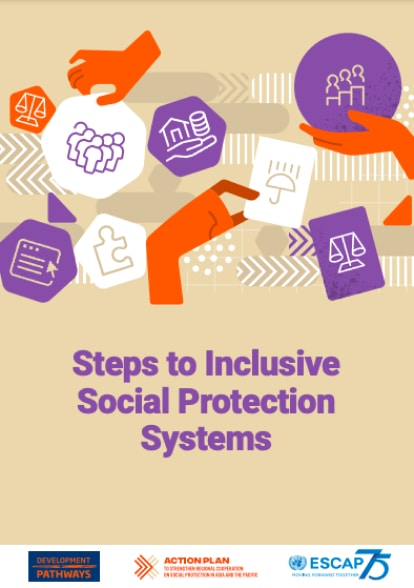What and why
Once beneficiaries are registered, they need to be enrolled and provided with a token of identification to facilitate the receipt of payments. Ideally, the process for enrolment and payment should be accessible, reliable, accurate, and put the beneficiary first. This may be achieved by optimizing digital solutions and often through outsourcing to service providers or private companies and supporting such agreements with strong data protection legislation. Without administrative systems that ensure that the right benefit is distributed to the right person at the right time, trust in government could be eroded.
How
Governments need to put in place a clear process that ensures that the right people receive the right benefit, at the right time. To successfully do so, providers should consider:
- Establishing a viable payment mechanism. Completing enrolment requires governments to first engage a payment service provider through an agreement that outlines the form and process of payments. It should clearly define any prerequisites for beneficiaries to receive payments, such as holding a bank account, mobile money account, or other account of personal data, in their own name. Beneficiary enrolment is often led by the payment service provider and may require collection of additional information from beneficiaries, to verify their bank account, mobile money wallet or assist them to set one up.
- Providing a token of identification. Once applicants are enrolled to receive payment, depending on the systems in place in the country, governments or service providers may use tokens, such as smart cards supported by biometric data for authentication of payments. Where governments need to rely on manual payments, or for those not able to receive electronic payments, a programme identification card bearing the recipient’s name and a photograph may be required.
Payment delivery must put the recipient first. This means ensuring that the payment process respects the rights of individuals. Of particular importance is that the payment delivery does not incur any cost on the beneficiary. For example, long queues at manual payment points can result in lost income. Requiring recipients to travel long distances to receive their benefits, not only increases the cost, but also poses significant obstacles for persons with disabilities and those with care-giving responsibilities. It is therefore important that payment service providers deliver payments efficiently and in a location convenient to recipients. The payment process must also respect the privacy of individuals, particularly when physical cash transfers are required.

